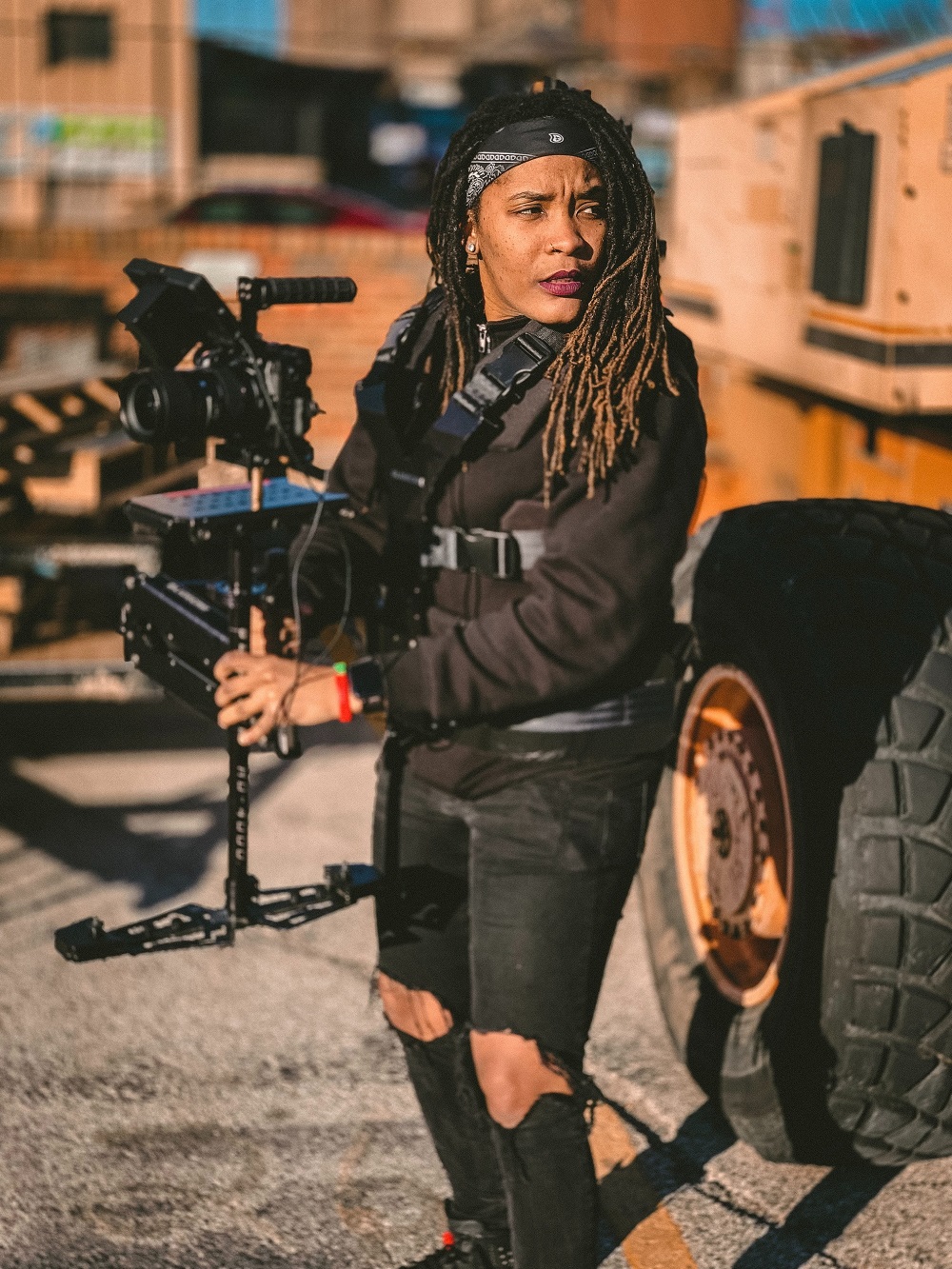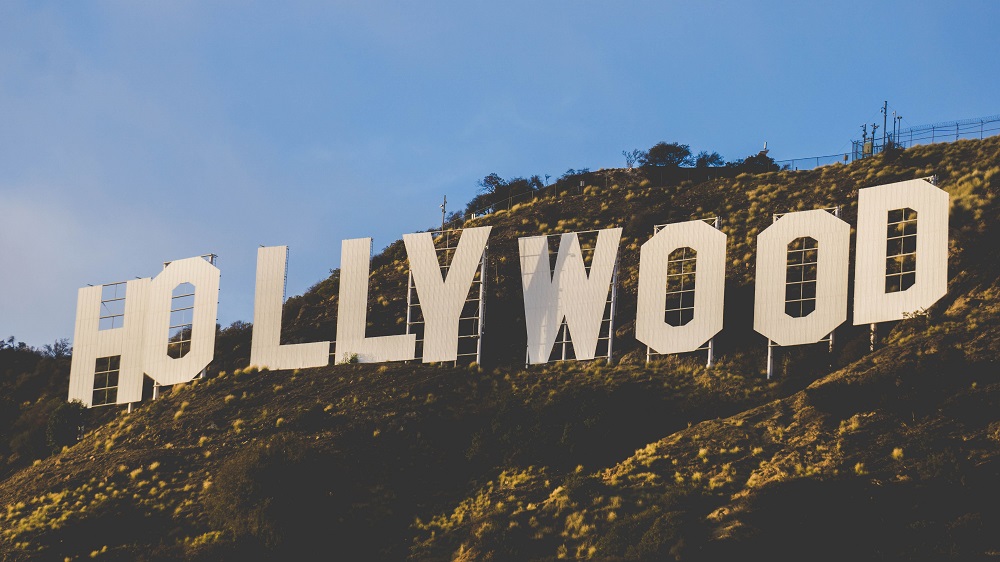By Yanet Mengistie
Posted on August 26, 2021

The Toronto International Film Festival (TIFF), is a “must experience” event for many film lovers in the GTA and around the world. Hundreds of people pour out to experience the cinematic adventures and unique storytelling this festival offers. However, little to nothing is known of another film festival which is also hosted in the GTA annually that highlights groundbreaking and pivotal stories from an even more unique lens: the Toronto Black Film Festival (TBFF). The idolization of TIFF as a cultural symbol is problematic as it pushes aside other festivals such as TBFF which devalues its significance to Black filmmakers and the independent film industry overall.
Story behind the TBFF
The origins of the TBFF begin with its founder, Fabienne Colas. Colas founded the TBFF in 2013 through the Fabienne Colas Foundation, a not-for-profit organization. The mission of the foundation is to generate cinema and art through the lens of those who are often underrepresented in these creative spaces. The objective is to create a “diversity of voices, faces and points of view” in storytelling. The festival takes place in February during the second or third week of the month, and runs for four to nine days depending on the year. The festival is hosted in various locations in the Toronto area such as Isabel Bader Theatre, Carlton Cinema and Jackman Hall (similar to TIFF). Additionally, the festival includes live performances along with one-on-one intimate chats with high-profile Black film creators such as Spike Lee and Taraji P. Henson. On a similar note, because the festival seeks to highlight independent filmmakers in the industry, it also serves as a platform to address or highlight social issues that have been neglected by Hollywood and the rest of the world.

Furthermore, the festival helps produce budding filmmakers through the Being Black in Canada film series. The series is a partnership with the Fabienne Colas Foundation in which 20 developing Black filmmakers are trained, mentored and empowered to better their craft. The program aids the selected filmmakers in making their own short documentaries. Once completed, these documentaries are premiered at the TBFF and other Black film festivals across Canada. These premieres give the filmmaker’s work national exposure and creates a network with other creatives and industry veterans who could offer them further opportunities in their careers. TBFF is more than just an annual event, but is also an innovator and incubator that inspires Black voices that have been excluded from the film industry for too long.
TIFF’s popularity

Despite these accomplishments, the TBFF still does not garner the same prestige as TIFF. A central reason TIFF garners its prestigious label in the film world is that this festival is fueled by traditional Hollywood media. TIFF helps set up Oscar buzz for films. Many times, production and distribution companies will bolster up the quality of the film to deem it as Oscar-worthy. That way, the positive press around the film helps secure the Oscar nomination in itself, not necessarily the quality of the actor’s performances or film as a whole. TIFF plays a part in this, as it is one of the major film festivals that mainstream production and distribution companies in Hollywood send their stars to get the Oscar narrative started. For example, in 2020 TIFF included the film Nomadland as one of its major gala presentations. This film won big at the Oscars during the same awards season, taking home the coveted Best Picture award. Nomadland was backed by the production company Searchlight Pictures. Searchlight Pictures is owned by Disney and is a powerhouse in the film industry. It has produced other Oscar-winning films such as Birdman, Jojo Rabbit, The Shape of Water, Black Swan and many more. Since this Hollywood production company has the financial backing of Disney, such films are pushed into TIFF which as a result causes celebrities and directors to attend the festival. This then makes TIFF a ‘prestigious’ event that only the ‘best’ of the film industry attend. All of this plays a major part in why the TBFF doesn’t get the same prestigious recognition it deserves in the film industry.
Breaking down narratives of Black people
Another merit of TBFF is that it subverts racist Hollywood stereotypes of Black people. Hollywood has negatively depicted Black individuals for decades. Black individuals in Hollywood are usually portrayed as either dangerous or villainous. This enables violence against Black people to be condoned as the media has influenced society into believing Black individuals are inherently dangerous. On top of that, Hollywood has a history of whitewashing roles that are supposed to be Black. If a Black person is ever being portrayed in a positive light, the role frequently becomes whitewashed and goes to a white actor. For example, in the movie A Mighty Heart, Angelina Jolie—who is white—portrayed a real-life Afro-Chinese-Cuban-Dutch woman, Mariane Pearl, though there are many Black and Afro-Latinx actresses who would have been a powerful lead in that role. Black stories in Hollywood are often told by non-Black people or portrayed negatively. Without spaces such as TBFF, that narrative is unlikely to change as the individuals who control Hollywood are predominantly white, studies report that 92 percent of film executives identify as white. We do not only need to hold Hollywood accountable for its racist portrayal but also, we must support Black creative spaces such as the TBFF.

Must see films from this years festival
Hollywood has been painted as a system that portrays all stories authentically, when in reality, it only portrays a narrow range of stories. Hollywood, has for decades, only been showcasing stories of white individuals’ issues or circumstances. Meanwhile, Black stories are pushed to the side in favour of fame and fortune. Below are a few of the films that are disrupting Hollywood through changing whose stories get told. The films from the 2021 festival are still available to purchase from the event on the festival’s website:
John Ware Reclaimed
This documentary by Cheryl Foggo will be especially crucial to fellow Canadians. Many don’t know the story of John Ware, a Black cowboy who resided in Alberta. The story follows Faggo as she journeys through the truths and fiction surrounding John Ware while tackling Faggo’s past in Alberta, having experienced racism and her own family’s journey to western Canada in 1910 to flee violence in the United States. This film puts in question the story of Canada’s past by revealing one that has been left unspoken for too long.
Sundays in July
For those who love a love story, this will be the film for you. Given that the romance genre of films is dominated by the portrayal of white couples, this film, directed by Joseph E. Austin II, will provide a fresh new take as it stars two Black actors. The film follows Monika who has just moved from Los Angeles to New York. Viewers experience Monika’s journey of meeting Trent and the trials and tribulations the couple goes through as they navigate falling in love. The immersive style in which this story is told makes this film one that romance film lovers everywhere will enjoy.
Izzy’s Demons
This animated film by Greg Garay will capture the audience for the way it addresses real emotions. The story tackles the character Izzy’s jealousy of an old friend’s success. Despite the friend reaching out, Izzy seems to ‘ghost’ her friend and spirals and become overtaken by jealous thoughts. The animation tackles Izzy’s journey through dealing with jealousy and what defines success. It leaves viewers with the question: can Izzy get out of her head?
It is time to reassess the unwavering support society has for Hollywood entities such as TIFF. It is time for us as a community to start supporting organizations such as the TBFF that do not capitalize off of racist portrayals, whitewashing or Black excellence, but instead tell stories of Black people in authentic ways. Make sure to check out the Toronto Black Film Festival and learn more about how Black creatives are changing the narrative one screenplay at a time.
You can learn more about the Toronto Black Film Festival by visiting their website, https://torontoblackfilm.com/
Yanet Mengistie is an experienced Writer, Researcher and Creative who is ready to hit the ground running with Black Voice. Driven by having previously worked as a Content Writer for a company that sought to uplift small businesses in Northern Canada, she takes joy in using her writing to uplift small or marginalized voices. As a Writer with Black Voice, her goal is to combine this passion for small businesses with this publication's mission of empowering Black individuals across Canada. Yanet is committed to ending the marginalization of Black Canadian perspectives and opinions. She hopes to bring Black excellence, concerns or hot topics to the forefront through her work with Black Voice.

